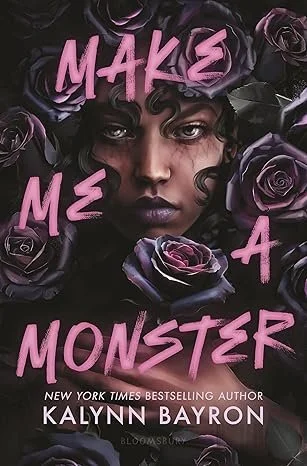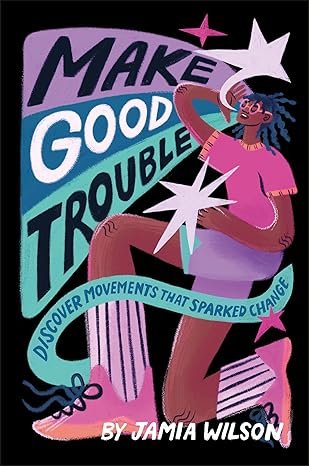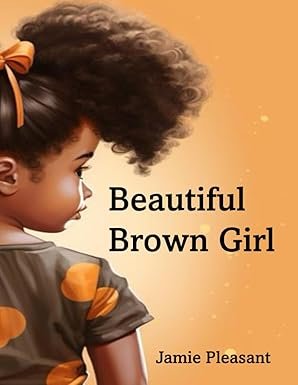 Image 1 of 1
Image 1 of 1

Young Gifted and Black
In three separate but allied essays, African-American scholars Theresa Perry, Claude Steele, and Asa Hilliard examine the alleged ‘achievement gap’ between Black and white students. Each author addresses how the unique social and cultural position Black students occupy—in a society which often devalues and stereotypes African-American identity—fundamentally shapes students' experience of school and sets up unique obstacles. Young, Gifted and Black provides an understanding of how these forces work, opening the door to practical, powerful methods for promoting high achievement at all levels.
In the first piece, Theresa Perry argues that the dilemmas African-American students face are rooted in the experience of race and ethnicity in America, making the task of achievement distinctive and difficult. She uncovers a rich, powerful African-American philosophy of education by reading African-American narratives from Frederick Douglass to Maya Angelou and carefully critiques the most popular theoretical explanations for group differences in achievement. She goes on to lay out how today’s educators can draw from these sources to reorganize the school experience of African-American students.
Claude Steele follows up with stunningly clear empirical psychological evidence that when Black students believe they are being judged as members of a stereotyped group—rather than as individuals—they do worse on tests. He analyzes the subtle psychology of this ‘stereotype threat’ and reflects on the broad implications of his research for education, suggesting scientifically proven techniques that teachers, mentors, and schools can use to counter the powerful effect of stereotype threat.
Finally, Asa Hilliard's essay argues against a variety of false theories and misguided views of African-American achievement. She also shares examples of real schools, programs, and teachers around the country that allow African-American students to achieve at high levels, describing what they are like and what makes them work.
Now more than ever, Young, Gifted and Black is an eye-opening work that has the power to not only change how we talk and think about African-American student achievement but how we view the African-American experience as a whole.
In three separate but allied essays, African-American scholars Theresa Perry, Claude Steele, and Asa Hilliard examine the alleged ‘achievement gap’ between Black and white students. Each author addresses how the unique social and cultural position Black students occupy—in a society which often devalues and stereotypes African-American identity—fundamentally shapes students' experience of school and sets up unique obstacles. Young, Gifted and Black provides an understanding of how these forces work, opening the door to practical, powerful methods for promoting high achievement at all levels.
In the first piece, Theresa Perry argues that the dilemmas African-American students face are rooted in the experience of race and ethnicity in America, making the task of achievement distinctive and difficult. She uncovers a rich, powerful African-American philosophy of education by reading African-American narratives from Frederick Douglass to Maya Angelou and carefully critiques the most popular theoretical explanations for group differences in achievement. She goes on to lay out how today’s educators can draw from these sources to reorganize the school experience of African-American students.
Claude Steele follows up with stunningly clear empirical psychological evidence that when Black students believe they are being judged as members of a stereotyped group—rather than as individuals—they do worse on tests. He analyzes the subtle psychology of this ‘stereotype threat’ and reflects on the broad implications of his research for education, suggesting scientifically proven techniques that teachers, mentors, and schools can use to counter the powerful effect of stereotype threat.
Finally, Asa Hilliard's essay argues against a variety of false theories and misguided views of African-American achievement. She also shares examples of real schools, programs, and teachers around the country that allow African-American students to achieve at high levels, describing what they are like and what makes them work.
Now more than ever, Young, Gifted and Black is an eye-opening work that has the power to not only change how we talk and think about African-American student achievement but how we view the African-American experience as a whole.
Make it stand out
It all begins with an idea. Maybe you want to launch a business.
Build it
Maybe you want to turn a hobby into something more. Or maybe you have a creative project to share with the world.





